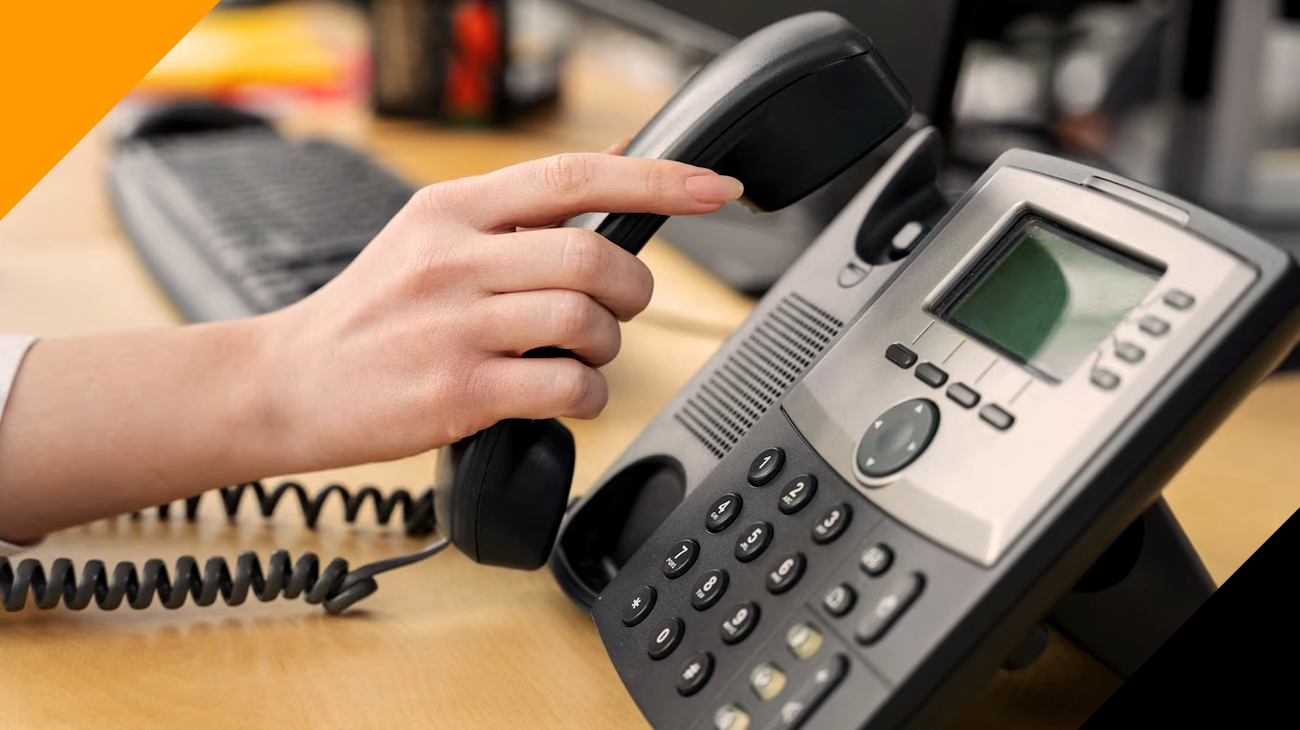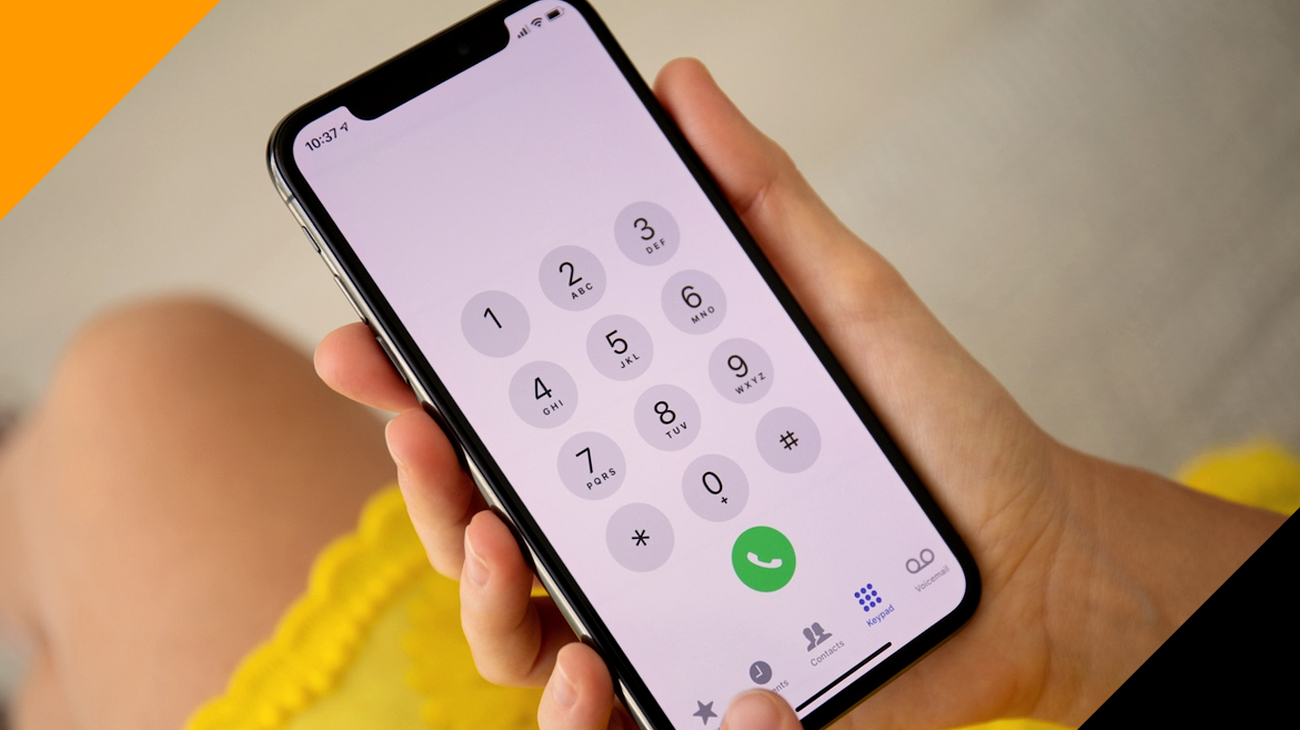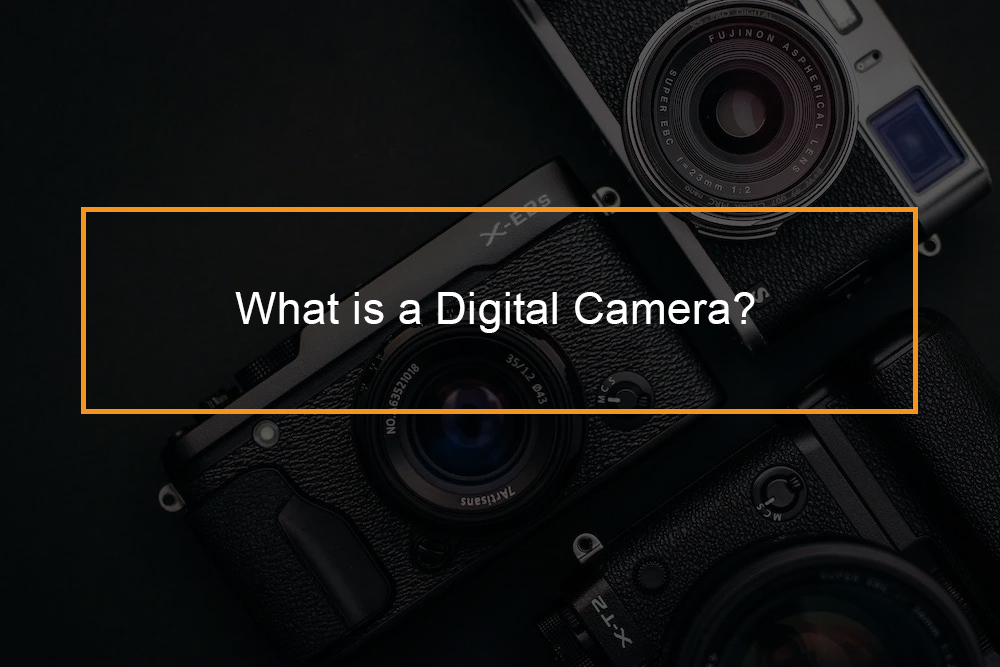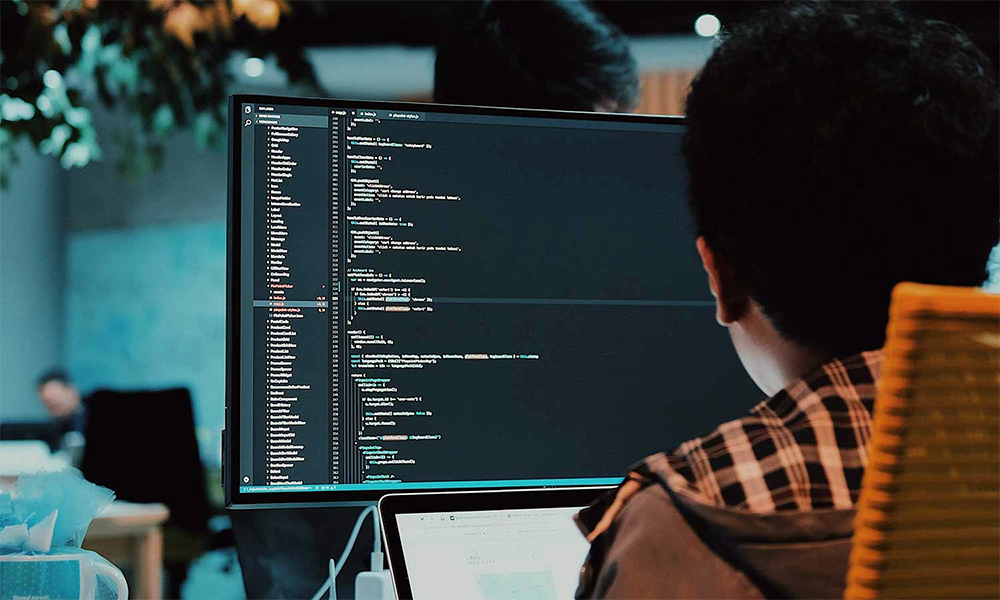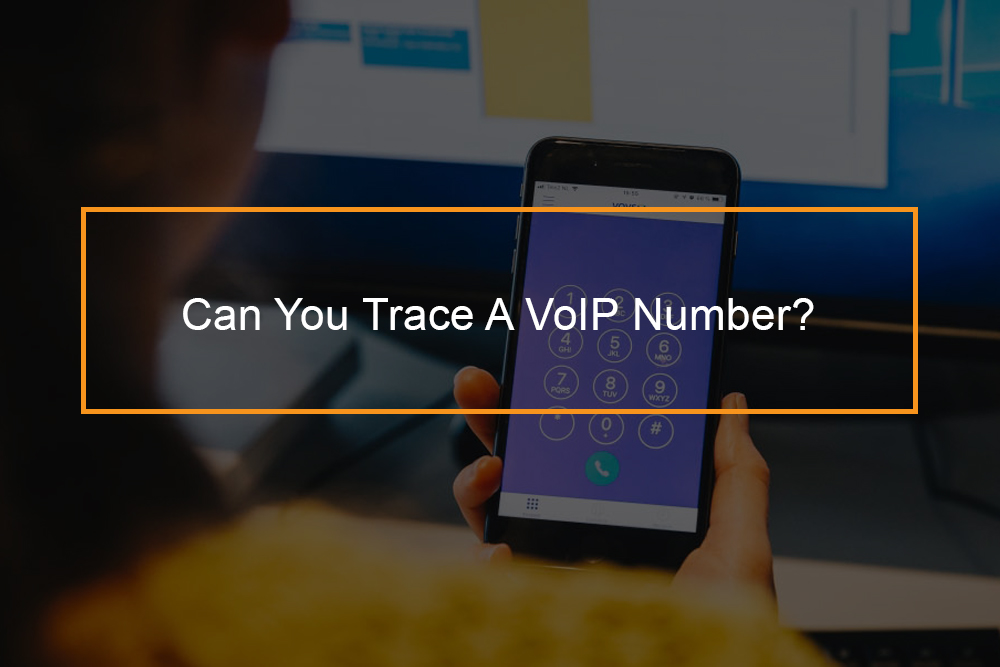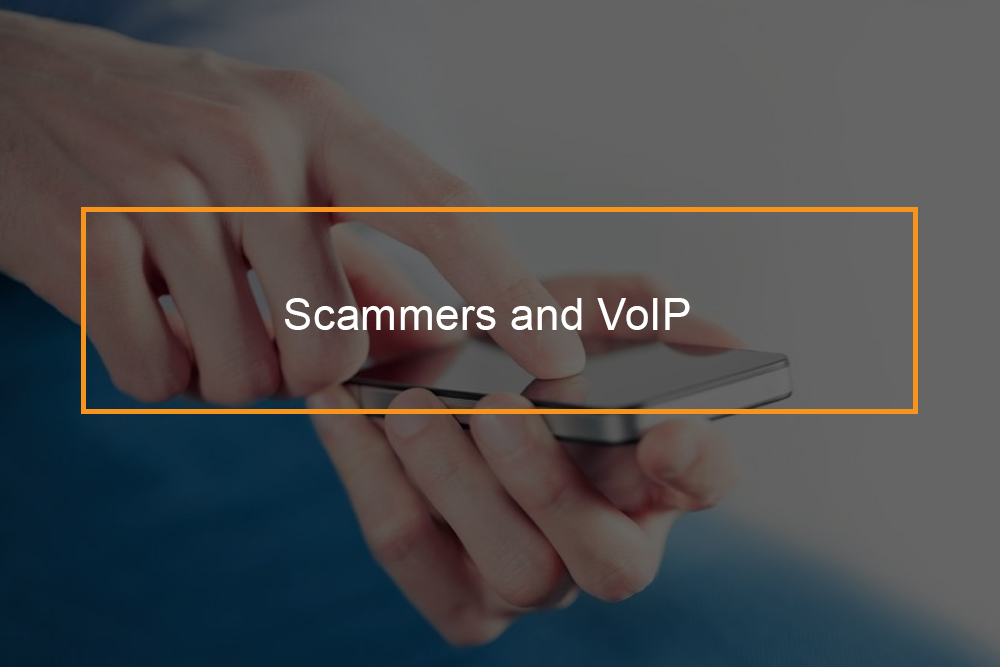 How to safely track a non-fixed VoIP number?
How to safely track a non-fixed VoIP number?
Non-fixed VoIP numbers can be traced sometimes, even though not perfectly so. If a non-fixed VoIP user has perpetrated a crime, you can report it to the authorities so that they can help you trace down the owner. You can also try to search for the phone number online to try and identify the service provider. After you recognize the service provider, you can talk with them to track the number for you.
Even though it is not easy to track a non-fixed VoIP number, you can track route what internet network routes were used with specialized packet sniffer application. However, this will not determine the final destination or identify the user device.
Can you track a non-fixed VoIP?
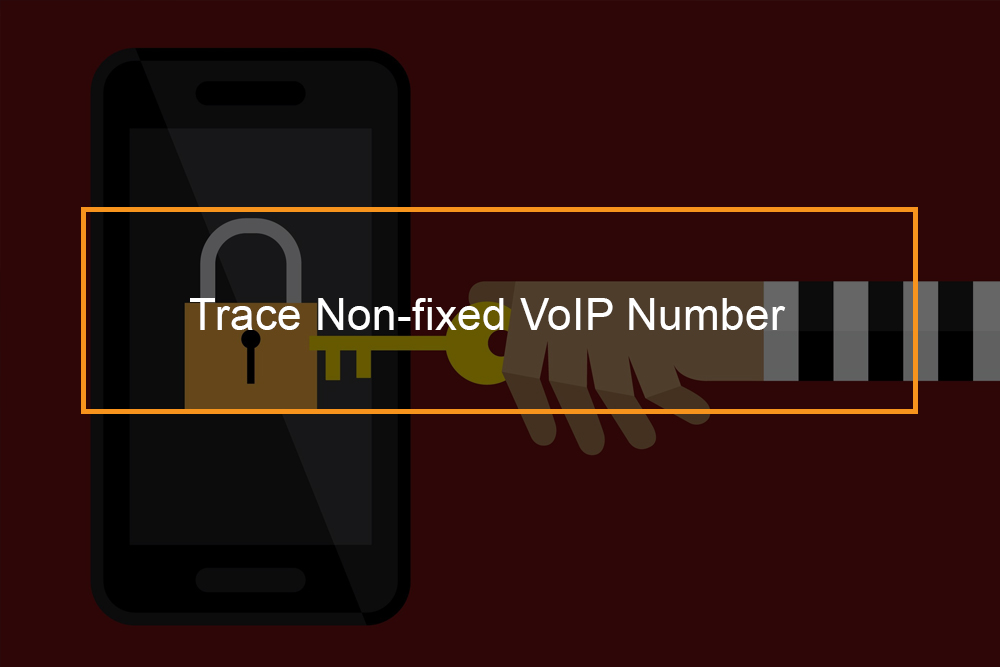 How do you trace non-fixed VoIP number?
How do you trace non-fixed VoIP number?
It is very hard to track a threatening text or call from a non-fixed Voice over IP. The phone number from which you got the text message may or may not be associated with the sender. It is hard to tell. Besides, VoIP numbers can be assigned with any area code and without consideration for where a business or subscriber is working or living. This makes it simple to do business in other regions, even though it can make it more challenging for people who need to find a spam subscriber or locate where a company is calling from.
Even reporting this incident may not assist since the sender may have used a free web-based texting service. If you can see what VoIP provider is used, this VoIP is not allowed to give you more details since the privacy laws bind them. There is no good approach to track a non-fixed VoIP number.
Even though there are several methods that you can use to occasionally reveal the identity of a VoIP caller when using these methods, it is essential to note that you may not be able to trace the correct caller: VoIP number assignments can change and are not tied to specific users.
Using the displayed phone number
You can use the displayed telephone number to track the owner by contacting your mobile carrier. They even can report the harassment to the carrier of the owner of the phone number.
Involve the police
In case you sense some trouble from the threatening text, get the police involved. They can easily get logs from the phone service used by the sender. They may be able to get the ID address of the sender successively, and you can take necessary actions from there.
Searching phone books and records
Offline or online, you can try looking over phone book records for a specific owner or subscriber associated with that number. Even though you should bear in mind that the phone number may have already converted hands since it was recorded in the phone book. So the user you see linked that number may not be using it.
An identified service or caller Id
In case you have an identification service, you might be able to track the number that way or have the caller automatically show up via the system. Note that this information could be wrong if the caller is spoofing the number- this is common with spam calls, unfortunately.
Use APIs
APIs like white pages Pr Phone software exist that enable users to recognize what kind of number an individual is calling from based on various data points that are meshed into a reputation score where numbers over a certain threshold have a high possibility of being spam or otherwise questionable.
While these methods often do operate successfully to track numbers, it is not always possible to accurately track each number every time. This can be attributed to the fact VoIP numbers can be easily ported and changed around to different owners or spoofed by spammers.
How do VoIP numbers work?
Voice over internet protocol numbers is usually allocated on geography within specified area codes, even though the subscribers do not necessarily require to live or operate within those area codes to get and register them with their telecommunications provider.
Phone number allocation in the United States and Canada is governed by the North American Numbering Plan which was initially developed in the 1940s by Bell Labs, and in the United States, it is controlled by the Federal Communications Commission. Voice over Ip numbers, landline numbers, cell phone numbers are all covered by these regulations, and telecommunications companies should abide by these laws. This guarantees that area codes and numbers are all assigned and used consistently.
When you register an IP telephony number, it is assigned according to this plan. In case you have an existing number via a cell phone or landline service, you can port your number into your new VoIP account so you can keep the number you have been using.
What is a non-fixed VoIP phone number?
Non-fixed number meaning
While a fixed number are linked to a physical address, non-fixed VoIP numbers do not need a fixed address and instead can be connected with any geographical location. VoIP accounts with non-fixed numbers can be built with an address where the account creator does not live or have an office.
These kinds of numbers are also known as virtual phone numbers and are commonly offered by free services such as Google Voice and Skype. They rarely need anything more than an email registration and maybe some payment information if relevant, even though access to these platforms tends to be free.
Since these services provide flexibility for worldwide communication, such as in the situation of facilitating collaboration between remote teams, the non-fixed VoIP numbers provided by these kinds of web services certainly have their place in business, for instance, if your organization has employees in different countries, they could be contacted without incurring charges for international calling and long-distance.
Non-fixed VoIP numbers are suitable for enabling some of those more business-oriented features. For example, someone with a fixed VoIP line may request a virtual phone number via their VoIP provider who will frequently charge a fee every virtual number, and this number could be provided with a specific area code so that when a person calls the virtual line, the call is listed as being local but is naturally forwarded to a non-local number.
Whereas they have business purposes, non-fixed VoIP lines are more often used for personal use and lack the breadth of professional functionalities and features that people would associate with VoIP telephony. VoIP service with Vonage, Nextiva or other providers come with dozens of advanced cloud calling features such as call flip, which allows you move calls from one device to another at the press of a button, while you will not find nearly as many capabilities on non-fixed lines, and indeed not as many businesses-oriented capabilities.
Non-fixed VoIP pros and cons
To summarize, there are cons and pros to non-fixed VoIP numbers depending on the software and circumstances surrounding their use.
Non-fixed VoIP advantages
- Great in case you or your company handles a lot of international calls
- Not inherently bound to any street address or geographical location
- Simple to obtain via online services that usually only ask for an email registration
- Great if you or your company manages a lot of international calls
- These services are basically free or cheap compared to fixed VoIP lines
Non-fixed VoIP disadvantages
- Less professional appearance, particularly for a primary business line
- May not place emergency calls since no location is assigned to the number
- Preferred by criminals and is thus less authentic and trustworthy.
Why spammers use non fixed VoIP numbers?
New non-fixed VoIP numbers can be generated quickly, and caller id information can be spoofed, enabling criminals such as spammers who are international to make anonymous calls or to impersonate other people when placing orders with stolen credit cards. When combined with the ease of access, price, and the ability to perform bulk dialing via IP telephony systems with a basic script, it is easy to understand the appeal of non-fixed VoIP for spammers.


